Hundreds of people have responded to a previous post I published about long serving orchestral musicians. Out of these reports and suggestions, I have compiled a league of honour of more than 60 men and women who served in one orchestra for more than half a century.
One significant trend emerges from this exercise. Almost all the players reported served in US, Soviet or pre-1945 British orchestras. Senior service in orchestras is almost unknown in continental Europe, obliterated by social legislation.
I have excluded freelancers who played in many orchestras, such as the excellent Martin Ormandy (Eugene’s brother) who joined the New York Philharmonic in 1921 and was in every pickup orchestra until 1996 (75 years). Or Eugene Levinson, who started in the Leningrad Chamber Orchestra at age 14, then joined Mravinsky’s orchestra and went on to become principal bass of the Minnesota orchestra and the New York Philharmonic. Retired last year after 26 years in NY, a 60-year career.
Here’s the premier league (last updated June 2023):
1. Bass: Jane Little, Atlanta Symphony Orchestra – 1945 to 2016 – 71 years, 105 days.
Asst. Principal Bass Emeritus of the Atlanta Symphony Orchestra, Jane Little, first performed with the ASO on February 4 1945 under their original name of Atlanta Youth Symphony for two years before the orchestra officially changed to Atlanta Symphony Orchestra in 1947.
http://www.atlantasymphony.org/About/Artists/ASO-Musicians/Jane-Little.aspx
UPDATE: Jane played in a concert on May 15, 2016. She suffered a collapse and died that day.
2. Violinist Frances Darger: Utah Symphony 1942 to 2012 – 70 years – retired at the end of the 2012 season.
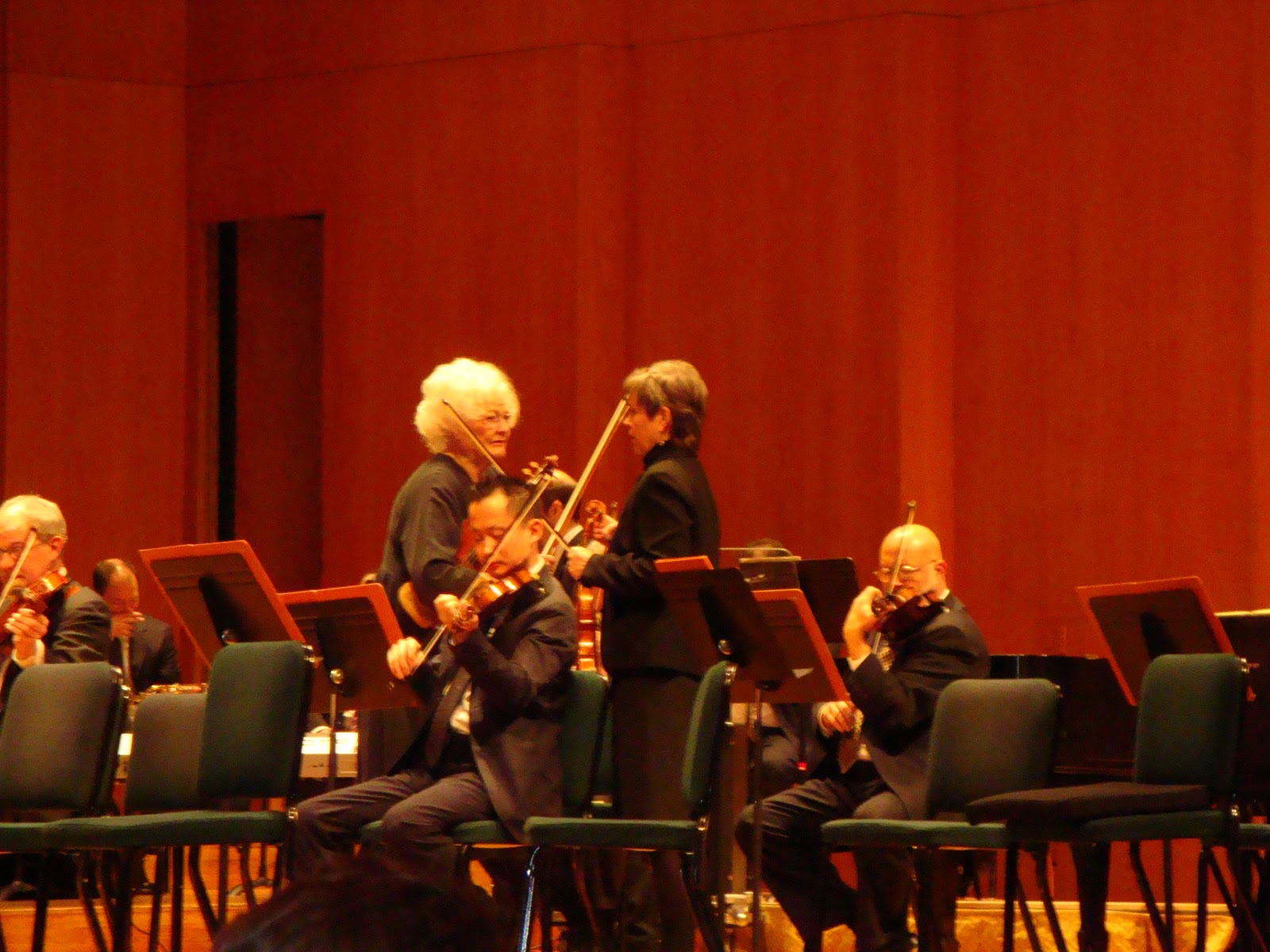
————-
————-
3 Principal Timpanist Richard Horowitz: Metropolitan Opera Orchestra 1946 to 2012 – 66 years – retired 2012, died 2015, aged 91.
http://www.metoperafamily.org/metopera/season/bio.aspx?id=3964&type=1
————-
4 Violinist Felix Resnick: Detroit Symphony Orchestra – 1943 until his death in April 2008 at age 89. 65 years.
http://dso.pastsoftware.com/Collections.aspx?ID=33

————-
= Lois Fees, violinist, Oklahoma City Philharmonic, 1951-2016.
—
6. Bassoonist David Van Hoesen: Lake Placid Sinfonietta NY – 1947 to 2011 – 64 years – retired.
http://www.lakeplacidsinfonietta.org/orchestra.cfm
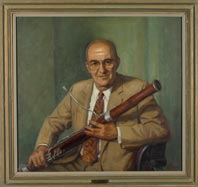
—————
7. Clarinetist Stanley Drucker: New York Philharmonic 1948 to 2009 – 62 years – retired.
In 1948, Drucker won a post in the New York Philharmonic clarinet section. In 1960, he became the orchestra’s principal clarinetist. In January 2008, the New York Philharmonic announced Drucker’s retirement from the orchestra at the close of the 2008-2009 season, for a total of 61 years with the orchestra and 49 years as its principal clarinet. Guinness logs his career at “62 years, 7 months and 1 day as of June 4, 2009?. Drucker’s final concert with the orchestra was July 31, 2009 in Vail, Colorado.
= Bassist Joseph Hearne joined the Boston Symphony Orchestra under Charles Munch in 1962. Still playing.
—————
9. Leonard Mogill, Philadelphia Orchestra, viola, 62 years (pictured on the right, 1967, with Irving Segall), 1930-1992
http://articles.philly.com/1997-10-30/news/25538766_1_philadelphia-orchestra-violist-music-director-riccardo-muti

= Violinist Earl Summers Jr.: joined the Wheeling Symphony Orchestra at age 12 as a section violinist in 1929, the founding year of the orchestra, and retired from performing in 1990 as Concertmaster of the WSO – 61 years.
http://wheeling.weirton.lib.wv.us/history/people/hallfame/Summers.htm
—————
11. Pat Francis, violinist, joined the San Diego Symphony in 1955 and retired, aged 77, in 2016.
12 Bassonist Oleg Talypine, 79, Leningrad/St Petersburg Philharmonic Orchestra, c.60 years.
See/hear him here (fast-forward to 3′ mark).

= Violinist Jerome Wigler: Philadelphia Orchestra – 1951 to 2011 retired – 60 years – age 91.
http://www.juilliard.edu/alumni/news/spotlight/archive/2009-10/200910.php
 —————
—————
= Paul Renzi, Principal Flute of the San Francisco Symphony from 1944 until 2004. 60 years
http://articles.sfgate.com/2004-07-26/entertainment/17434623_1_san-francisco-symphony-principal-flutist-davies-symphony-hall
= Marcia Hinkle, violinist Omaha Symphony, started 1957. 60 years – retired 2018
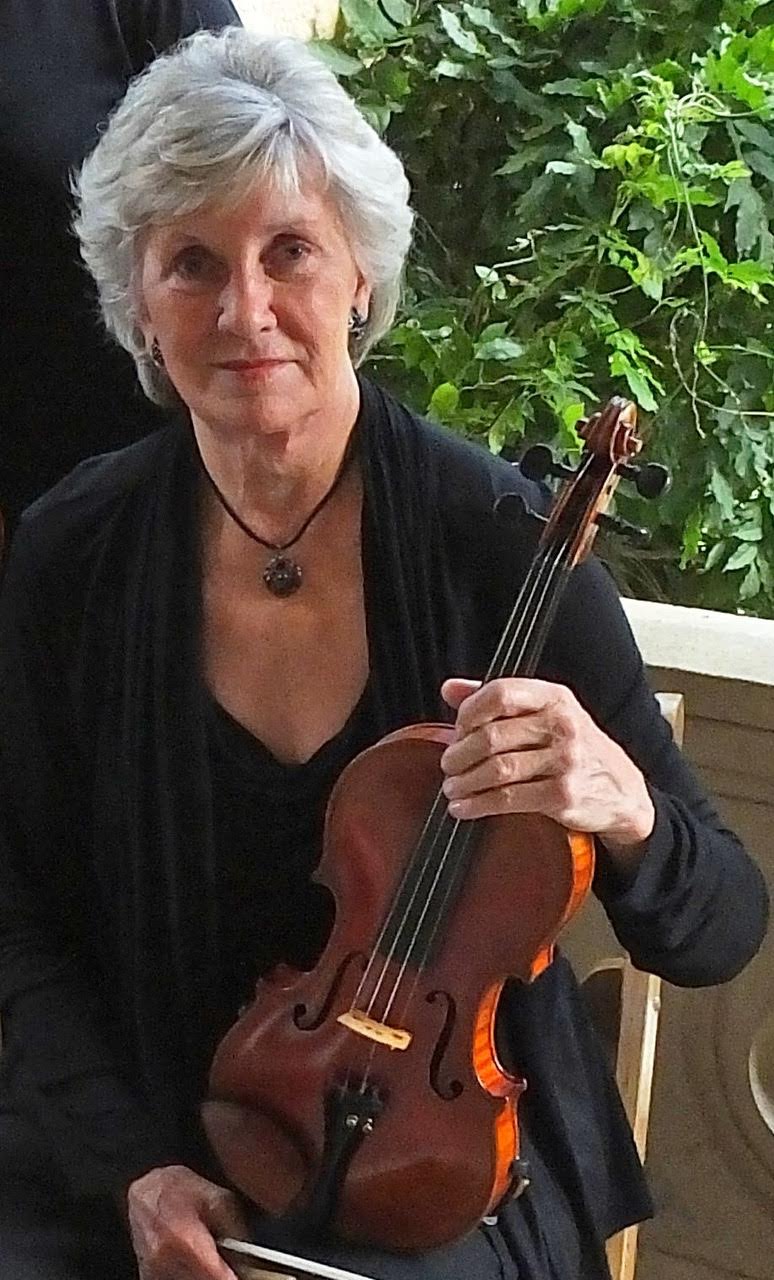
16 Carole Nelson, Fargo-Moorhead, 59 years.
= Martin Eshelman, second violinist in the NY Philharmonic 1956-2015 (retired aged 89). 59 years
18 Jay Friedman, Principal Trombone of the Chicago Symphony Orchestra from 1962….. 57 years.
= Richard D. Kelley, double bass, Los Angeles Philharmonic, 1956-2013. 57 years.
= Mary Sauer, hired by Fritz Reiner as principal keyboardist of the Chicago SO 1959; 57 years. Retired November 2016.
= Arnold Rosé, concertmaster of the Vienna Philharmonic Orchestra, 1882-1938. 57 years.
= Franco Fantini, La Scala orchestra violinst 1942-1999 (concertmaster from 1954)
= Michael Shahan, doublebass, Philadelphia Orchestra, 57 years, ret. 2021
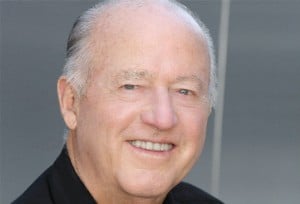
23 Principal Trumpet Adolph (Bud) Herseth: Chicago Symphony Orchestra – 1948 until 2001, and served as principal trumpet emeritus from 2001 until his retirement in 2004. 56 years.
http://abel.hive.no/trompet/herseth/
= Alexander Lepak – timpanist Hartford Symphony 56 years —http://articles.courant.com/2009-03-26/news/lepakobit.art_1_funeral-mass-throat-cancer-television-miniseries
= Emilia Moskvitina, principal harp, Moscow State Philharmonic and Bolshoi Symphony, appointed 96, still playing
= Herb Light, violinist, Philadelphia Orchestra, 1960-2016 – 56 years.
= Ernest Zala – violinist, Fort Wayne Philharmonic, 56 years
= Norma Durst Violist with Seattle Symphony for 56 years Retired in 2004.
= Patricia Harris, Principal Harp of the Tucson Symphony Orchestra (1964-2020) 56 years
29 Percussionist Joe Sinai: San Francisco Symphony ”His career as a symphonic performer began in 1915 [and continued to 1970] … for 55 years with the San Francisco Symphony.”
http://www.meredithmusic.com/joe-sinai-san-francisco-symphony
= Raphael Fliegel performed with the Houston Symphony for 55 years, almost half of that time as concertmaster.
http://www.chron.com/news/houston-deaths/article/Deaths-Ray-Fliegel-HSO-violinist-for-55-years-1498681.php
————————-
= Anthony Bianco, double-bass in the Pittsburgh Symphony Orchestra for 55 years, 1944-1999
http://www.legacy.com/obituaries/postgazette/obituary.aspx?n=anthony-bianco&pid=154271023&eid=sp_shareobit
= Bassist Orin O’Brien, New York Philharmonic 55 years, ret. 2021
= John Lambros, concertmaster and first violin, Charleston Symphony, 55 years. Died 2016.
= Newton Mansfield, violinist. Joined the New York Philharmonic 1961, retired 2016.
35 Otto Müller, principal harp of the Berlin Philharmonic 1882-1936, 54 years
= Donald Gibson of the Cincinnati Symphony Orchestra died in 2010 at 77 years of age. He was a member of the orchestra for 54 years.
= Phil Blum, cellist with the Chicago Symphony from 1955 until his death in 2009, 54 years.
= Broderyck Olson, first violins, Edmonton Symphony Orchestra, in his 54st season.
= Michele Zukovsky, principal clarinet Los Angeles Philharmonic Orchestra, retiring December 2015 after 54 years.
= Marylouise Nanna, Buffalo Philharmonic first violins, 54 years
= Joela Jones, Cleveland Orchestra keyboardist, retired 2021
= Boston Symphony violinist Ikuko Mizuno, 1969 to now
42 Lynne Turner, harp player of the Chicago Symphony Orchestra since 1962. 53 years.
= Alvin Score joined the Detroit Symphony Orchestra in 1960. He died, still playing, in 2013. 53 years.
= Jules Eskin, principal cello Boston Symphony Orchestra, 1963-2016. 53 years
= John Martin, principal cello, National Symphony Orchestra. Retired 1994.
45 Mario Difiore retired from the Detroit Symphony after 52 years.
= June Shipper, 72, retired from the second violins of the Waco Symphony in May 2015, after 52 years
= Roger Ruggieri played 52 years in the double-bass section of the Milwaukee Symphony, mostly as principal; he retired in June 2015.
= Christopher Wolfe, Assistant Principal Clarinet of the Baltimore Symphony retired in June 2015 after 52 years of service.
= Kalman Cherry, Retired in 2010 after 52 years with the Dallas Symphony as the Principal Timpanist.
= Ann Spurbeck, violinist, 52 years with the Memphis Symphony, died January 2022.
= Marilyn Dubow, violinist, 52 years with NY Philharmonic (retired June 2023)
52 Mathias Meyer, principal viola in the Vienna Court Opera 1817 – 1868
= Maurice Sharp, principal flute of the Cleveland Orchestra from 1931-1982. 51 years.
—————
= Timpanist Alan Taylor: Royal Opera House Covent Garden Orchestra, 1951 to April 1, 2002. 51 years. (d. May 15, 2002, aged 71)
http://www.s142342584.websitehome.co.uk/alantaylor/
—————
= Willard Darling, 4th horn of the Detroit Symphony, 51 years. September 1951 until 2002 (d. 2015).
https://www.facebook.com/detroitsymphony/photos/a.139013442615.111110.20771377615/10152867397887616/
= Richard Graef, assistant principal flute of Chicago Symphony Orchestra, 1968-2019
= John Snavely, 3rd clarinet/bass clarinet of the Tucson Symphony Orchestra (1969-2020) 51 years
= Broderyck Olson, first violins, Edmonton Symphony Orchestra, in his 51st season.
= John Jones, principal horn, Huntngton Symphony Orchestra, 1971-
———————————-
= George Rubino, double bass, Portland Symphony Orchestra. ‘over 50 years’.
= Ann Stepp, viola, Portland SO. ‘over 50 years’.
= Principal Harpist Sidonie Goossens: “…Her professional debut in 1921
at a Prom concert, and took part in the first tour by the London Symphony
Orchestra. She was Principal Harpist when the BBC Symphony Orchestra gave
its first public concert under its founder, Sir Adrian Boult, in October
1930, and she was still in the post when the Orchestra celebrated its golden
jubilee in 1980, the year she officially retired.”
At age 91 in 1991, she became the oldest person to perform at the Last Night
of the Proms concert, televised by the BBC. She died at the age of 105 on
December 15, 2004. 50 years with the BBC Orchestra.
http://news.bbc.co.uk/2/hi/entertainment/3393369.stm
—————
63 Violinist Newton Mansfield joined the New York Philharmonic in 1961? to 2011- 50 years
= Shirley Rosin, Milwaukee 2nd violins, half a century, retiring June 2015.
= Evelyn Pupello, violinist, Florida Orchestra. 50 years. Retired June 2015.
= Thomas Thompson joined the Pittsburgh Symphony in 1966 (hired by William Steinberg). He retires in summer 2016 after 50 years.
= Tom Battenberg, 75, principal trumpet of the Columbus Symphony. Retired summer 2016 after 50 years in the seat.
= Monique Gunnels joined the Columbus (Georgia) Symphony as second flute, aged 13, in 1965. She retired in 2015.
= William Foster, viola, National Symphony Orchestra. Retired 2018.
= Bob Jenkins, Omaha Symphony oboe, retired 2018
= Molly Wisman, Topeka Symphony Orchestra 1969-2019
= Frederick Zlotkin, principal cello New York City Ballet Orchestra, 1971-2022
= Marcia Peck, cello Minnesota Orchestra 1971-2021, 50 years and one month
= Douglas Burden, bass trombone of the National Arts Centre Orchestra, Ottawa, 1972-2022
75 Michael Henoch, assistant principal oboe Chicago Symphony, 1972-2022
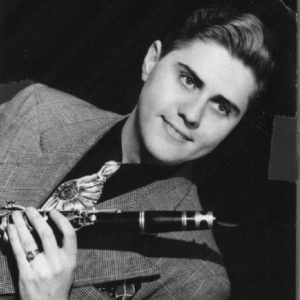
Stanley Drucker
LAST UPDATED: April 2024
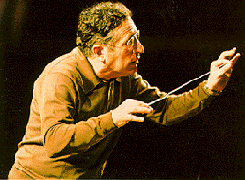








 —————
—————



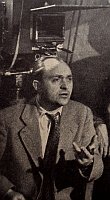







 A renowned South Korean conductor said Friday he has reached agreement with North Korean musicians to hold regular joint performances by the two countries’ orchestras to ease political tensions.”I think music can move the hearts of people a little bit, although it wouldn’t do such a thing as to change the entire regime,” Chung Myung-Whun told a press conference, a day after his return from a rare visit to Pyongyang.
A renowned South Korean conductor said Friday he has reached agreement with North Korean musicians to hold regular joint performances by the two countries’ orchestras to ease political tensions.”I think music can move the hearts of people a little bit, although it wouldn’t do such a thing as to change the entire regime,” Chung Myung-Whun told a press conference, a day after his return from a rare visit to Pyongyang.
